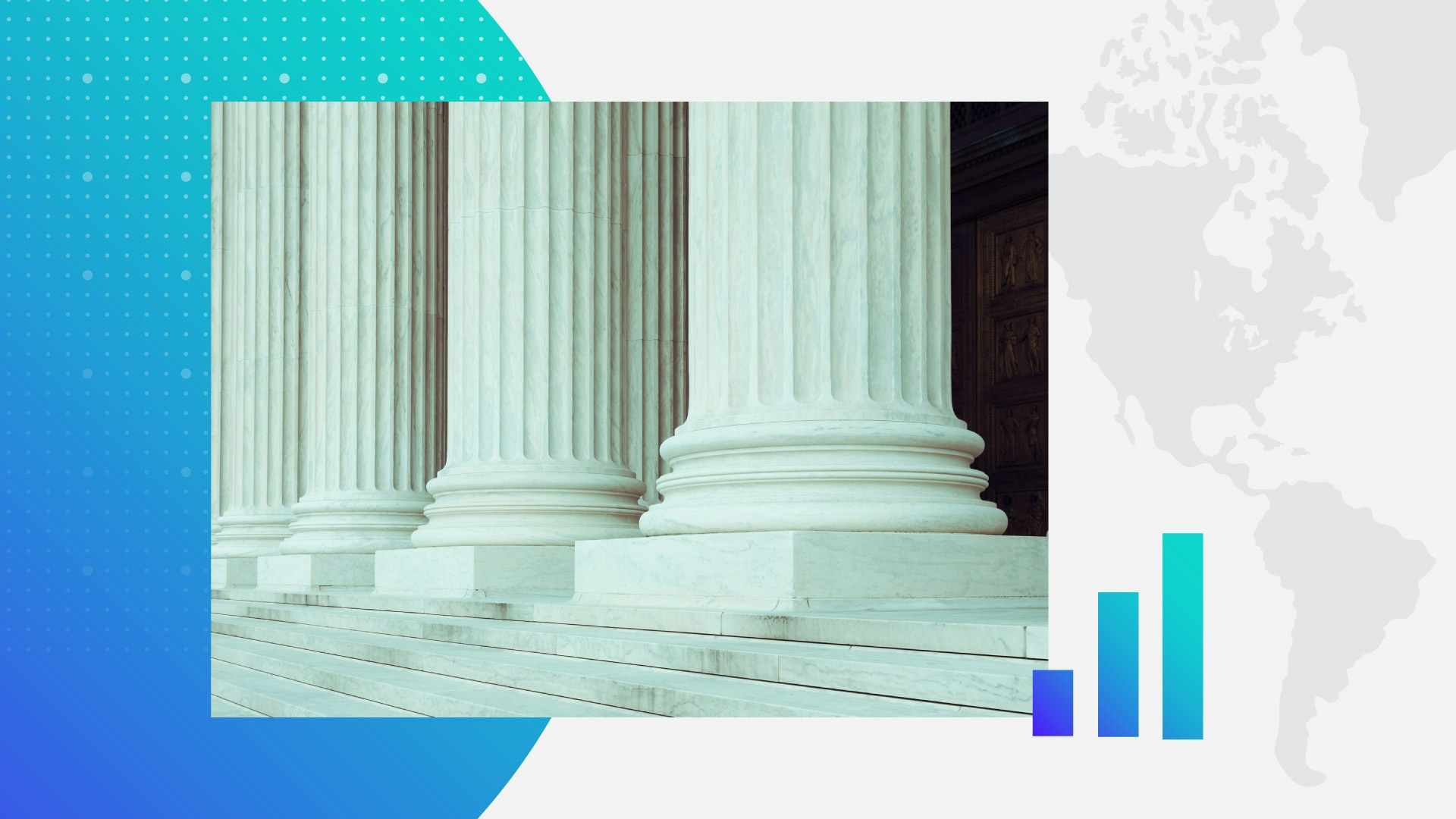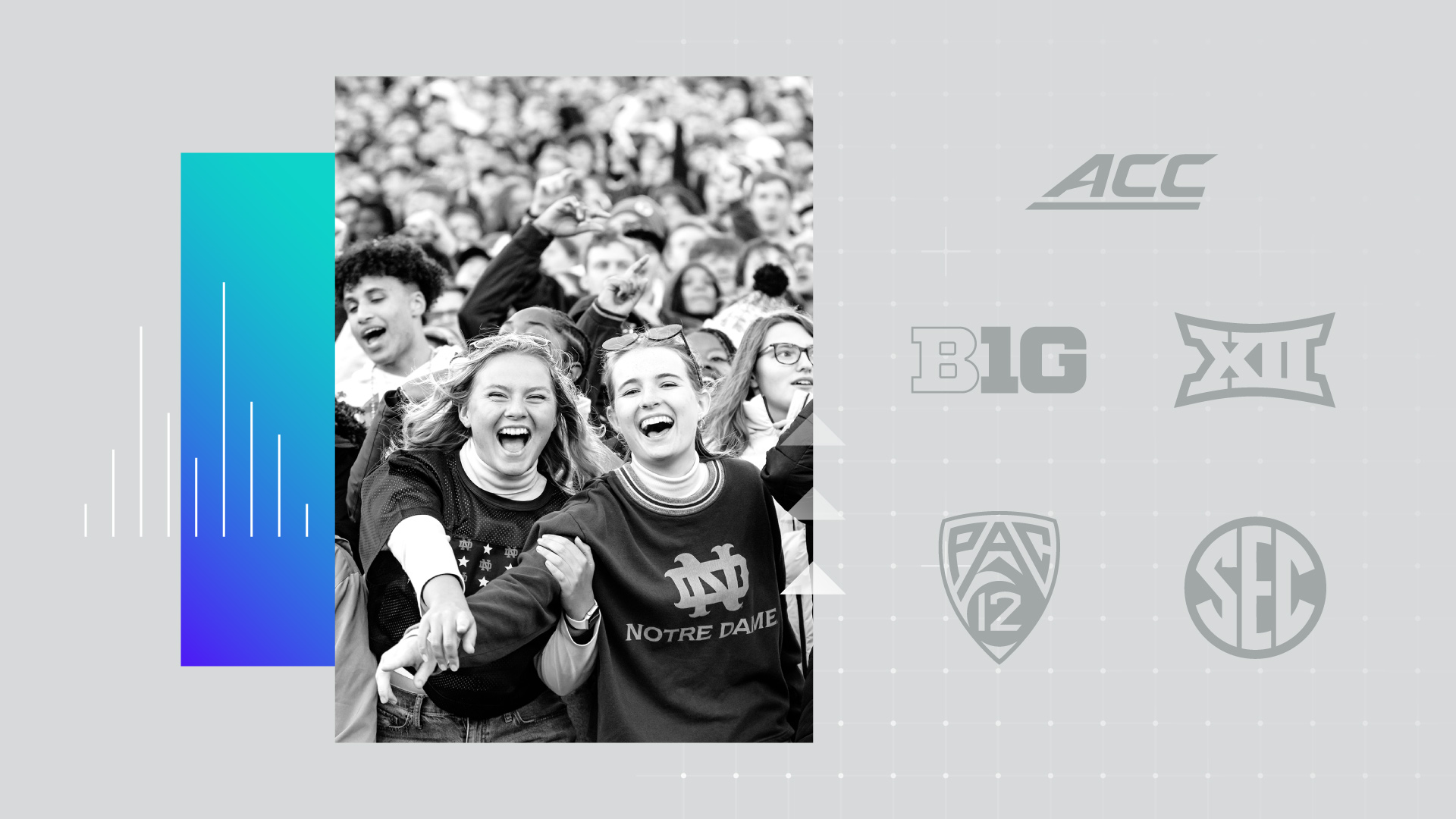How Much the U.S. News & World Report Rankings Matter to Students and Alumni

Key Takeaways
40% of U.S. adults who are aware of U.S. News World & Report’s college rankings and nearly half of college alumni (48%) say student/alumni assessment is more important in determining the university rankings than peer assessment by academics.
This comes as U.S. News & World Report overhauls the methodology for its rankings of universities and colleges, while leaving the often critiqued peer assessment component intact.
While rankings matter to prospective students and their families, metrics for assessing academic reputation need to adapt to their needs to help them make informed choices.
U.S. News & World Report recently rejiggered its 40-year-old college rankings methodology, a change that bumped up several public universities while downgrading many private universities. But one controversial element of the ranking’s methodology remains the same: the use of peer assessment by academics, which constitutes 20% of the total ranking weight.
A recent Morning Consult survey shows that U.S. adults are more likely to consider the viewpoints of students or alumni as vital over the perspective of academics when considering a university’s rankings.
A Plurality of U.S. Adults Value Student/Alumni Perspectives in College Rankings
Among U.S. adults who are aware of the U.S. News World & Report rankings, 40% said student/alumni assessment should be more important in determining university rankings, compared with 29% who said peer assessment by academics is more important. That 11-percentage-point difference widens to 16 points among college alumni: 48% said student/alumni assessment is more important, compared with 32% who said peer assessment by academics is more important.
As a part of its methodological changes, U.S. News & World Report deprioritized factors like small class sizes, causing some top private schools to drop in rankings, and emphasized graduation rates for students receiving need-based Pell Grants, which helped improve the rankings of several public universities. While some welcomed these changes, they received fierce criticism from others. The president of Vanderbilt University didn’t mince words in an opinion piece, writing that “for several years, U.S. News has adopted increasingly questionable practices for gathering and interpreting its data, which have prompted some universities and professional schools to stop participating in the process altogether. With the version released Sept. 18, U.S. News’s rankings process has gone from bad to worse.”
Among the aspects that didn’t change is the use of peer assessment by academics, which remains a debatable area of methodological flaw in the rankings. In a critique of peer assessment, authors pointed to the low response rate and wrote that it is safe to say that “many … colleges — public and private — would place differently without the peer-assessment metric. It is too often based on historical success — not current performance.”
Private university alumni are more likely to say the rankings influenced their choice of college
Of the over 2,500 four-year-degree-granting institutions, nearly 30% are public universities, and the remaining share are private. Many private universities are already facing enrollment headwinds due to rising college costs and ballooning student loans. This additional blow from the recent U.S. News rankings may further hurt private universities’ ability to attract students in a competitive landscape.
Specific demographics at scale: Surveying thousands of consumers around the world every day powers our ability to examine and analyze perceptions and habits of more specific demographics at scale, like those featured here.
Why it matters: Leaders need a better understanding of their audiences when making key decisions. Our comprehensive approach to understanding audience profiles complements the “who” of demographics and the “what” of behavioral data with critical insights and analysis on the “why.”
In the same Morning Consult survey, when college alumni were asked about the impact of the U.S. News & World Report rankings on their choice of college or university, half of all alumni said the rankings had “not much of an influence” or “no influence at all,” compared with nearly 2 in 5 (39%) who said the ranking at least somewhat influenced their decision. More than three times as many first-generation alumni said the rankings did not influence their decision as said they did.
While overall, college alumni were more likely to indicate that rankings had little or no influence on their decision about their choice of college, alumni of private universities were more likely than public university alumni to be at least somewhat influenced by rankings. This indicates that while all universities aiming for a sustainable future of enrollment need to measure and track relevant influences that shape the college choice process, private universities have a more urgent need to double down on understanding their audiences.
Private College Alumni Are Most Likely to Be Influenced by Rankings
Prospective college students most trust family or friends to inform their college choice
Prior Morning Consult research shows that public trust in higher education is split along political and generational lines, and in order to adapt to a future shaped by the “enrollment cliff,” university leaders need to measure trust and how it varies among diverse stakeholders.
In this survey, when asked about the level of trust they place in different information sources, prospective college students — including first-generation students — were most likely to name family and friends among their top three most trusted sources of information about which college to attend.
Prospective college students also put disproportionate trust in social media influencers — more so than in university websites and teachers/counselors. They’re as likely to trust influencers’ opinion on a university as they are to trust college rankings. In contrast, parents of prospective college students most trust teachers/counselors and then university websites. Interestingly, U.S. government sources were unlikely to rank among the top three most trusted sources of information for all three audiences.
Prospective Students Trust Different Sources of Information Than Their Parents
This analysis shows that while university rankings do play a role in the decision-making of prospective students and their families, they need better metrics of academic reputation in order to make informed college choices. U.S. News & World Report attempted to address this with the recent overhaul of its rankings but fell short of addressing the critiques of peer assessment. As universities compete to attract talent, they also need to proactively measure and track the viewpoints of prospective students, parents, teachers and counselors instead of putting too much weight on the reputational perceptions of peer academics.
Rahul Choudaha is the managing director of higher education at Morning Consult, where he conducts research, authors analyst notes and advises leaders in higher education on how to apply data-driven insights to make better business decisions. Rahul has given over 200 presentations at professional conferences and has been quoted over 300 times in global media. He holds a doctorate in higher education from the University of Denver.
For speaking opportunities and booking requests, please email [email protected].


